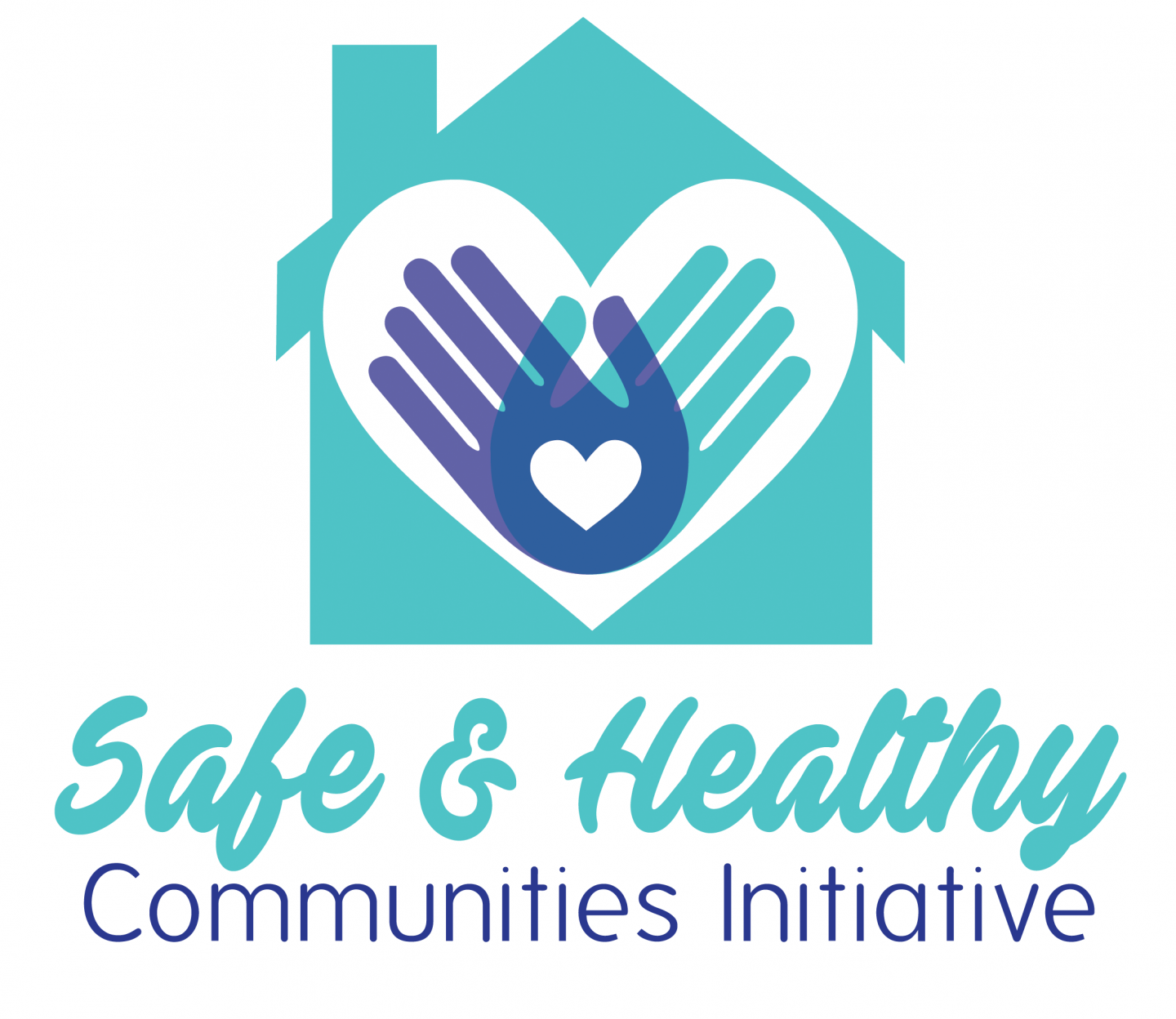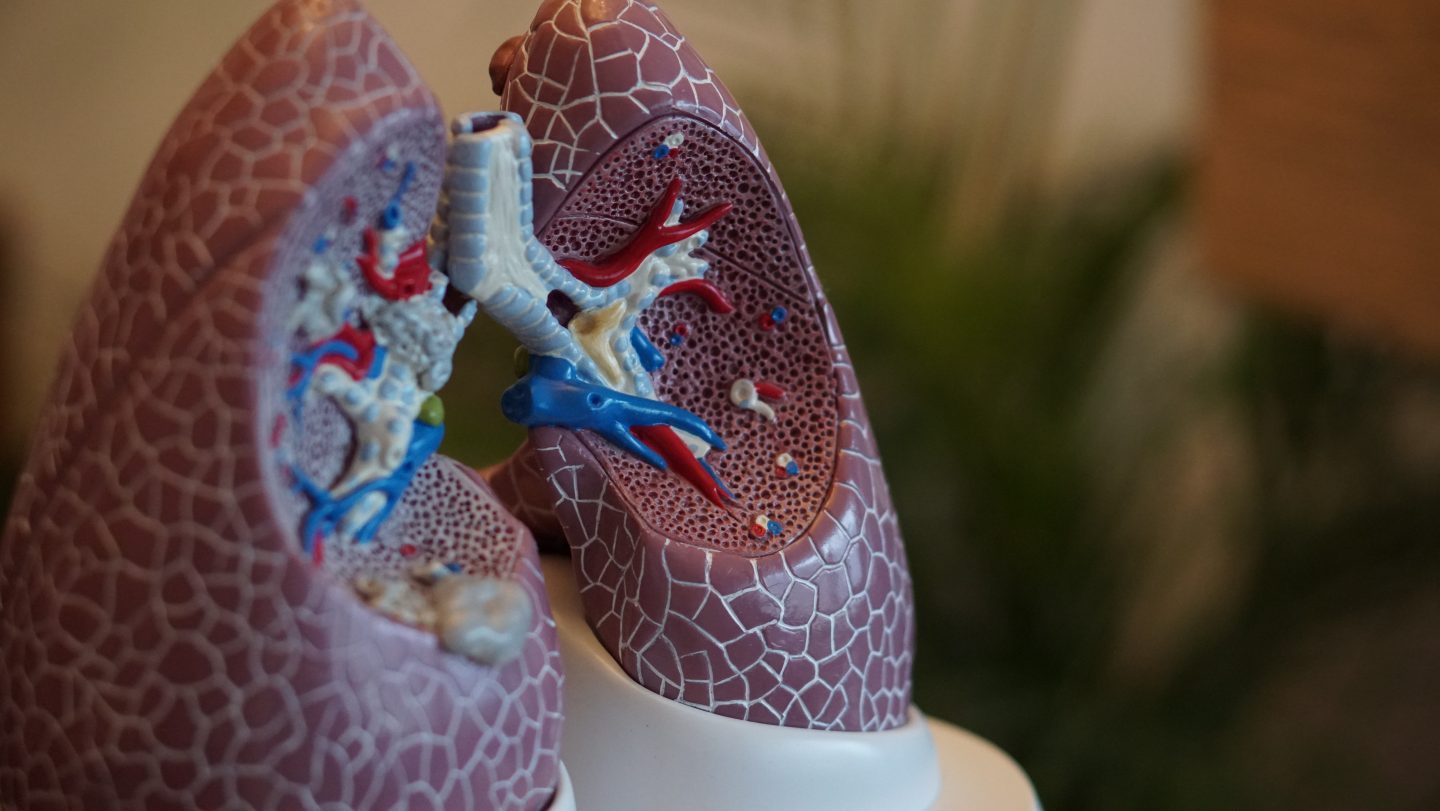Publications & Projects

Innovative methods for development of effective interventions
Innovative methods for development of effective interventions
I am interested in and committed to using innovative methods to support the development, optimization, and evaluation of multicomponent behavioral interventions. Working closely with Dr. Linda Collins, I use the multiphase optimization strategy (MOST), an engineering inspired framework, to build behavioral and biobehavioral interventions that are effective, efficient, economical, and immediately scalable across a number of public health priorities including STI prevention, palliative care, and child mental health.
Research Team

Kate Guastaferro, Ph.D., MPH
Assistant Professor of Social and Behavioral Sciences, NYU School of Global Public Health
Associate Director of the Center for the Advancement and Dissemination of Intervention Optimization
Smart Parents – Safe and Healthy Kids (SPSHK)
Smart Parents – Safe and Healthy Kids (SPSHK)
Parents have a responsibility to create a happy, healthy, and safe environments for their children. Many parent-education programs exist giving parents the skills to do this, but no parent-education program exists for the prevention of CSA specifically. Capitalizing on skills taught in existing parent-education programs, we seek to efficiently and economically help parents prevent their child from experiencing sexual victimization by teaching them about children’s healthy sexual development, facilitating parent-child communication regarding sex and sexual abuse, and enacting measures to ensure their children’s safety (i.e., monitoring and vetting of babysitters). SPSHK was designed as a single additional session added toward the end of an evidence-based parent education program. SPSHK aims to improve parents’ knowledge about sexual development (i.e., demonstration of age-appropriate and inappropriate behaviors), facilitate parent-child communication about sex and CSA, and empower parents to take charge of their children’s safety (i.e., vetting potential babysitters, monitoring exposure to media).
Research Team

Kate Guastaferro, Ph.D., MPH
Assistant Professor of Social and Behavioral Sciences, NYU School of Global Public Health
Associate Director of the Center for the Advancement and Dissemination of Intervention Optimization

Safe and Healthy Communities Initiative
Safe and Healthy Communities Initiative
The Safe and Healthy Communities Initiative (SHCI) is a cooperative project between the CMSN and the Pennsylvania Commission on Crime and Delinquency (PCCD) with the goal of developing, implementing, and evaluating a comprehensive child sexual abuse (CSA) prevention strategy. SHCI consists of three evidence-based components: a community-based intervention, a school-based intervention, and a parent-focused intervention (see above). The components were rolled out in five counties over three years using a staggered implementation approach. We hypothesize that by targeting different segments of the population (i.e., adults in the community, children, and at-risk parents), the prevention of CSA is attainable. Impact of this approach is measured by administrative data (e.g., reports and substantiations of CSA), measurement of knowledge and skills learned among those who participate in the three interventions, and community level awareness via a statewide web panel survey.
Research Team

Kate Guastaferro, Ph.D., MPH
Assistant Professor of Social and Behavioral Sciences, NYU School of Global Public Health
Associate Director of the Center for the Advancement and Dissemination of Intervention Optimization
Rapid Translation of Research into Coronavirus Policy Response
Rapid Translation of Research into Coronavirus Policy Response
This project will utilize an already-established Research-to-Policy Collaboration (RPC) established by Drs. Taylor Scott and Crowley that consists of a team of RPC fellows in Washington, DC and major research sites across the country in collaboration with Penn State’s Office of Government and Community Relations. This project will build on the infrastructure of the RPC to respond to legislators’ needs for research related to social and behavioral policy responses to the coronavirus.
Impact of COVID-19 Social Distancing Response on Family Wellbeing and Child Safety
Impact of COVID-19 Social Distancing Response on Family Wellbeing and Child Safety
Drs. Connell and Strambler will conduct survey-based research to examine the relation of COVID-19 related stressors (e.g., direct exposure, impact of school and work closures, social distancing) on parents' levels of stress associated with parenting responsibilities or economic strain, as well as the effects on parents' discipline practices or care of their children that could adversely impact child safety and wellbeing. This information will provide critical insight into how best to support vulnerable children and their families during public health crises.
Research Team

Christian M. Connell, Ph.D.
The Ken Young Family Professor for Healthy Children, College of Health and Human Development
Director Child Maltreatment Solutions Network

PA Adoptees Longitudinal Study (PALS)
PA Adoptees Longitudinal Study (PALS)
Pennsylvania Adoptees Longitudinal Study (PALS) is a developmental study of children adopted from the child welfare system between the ages of 4 and 10. The goal is to identify factors that predict both positive and negative outcomes for these children later in life.
Research Team
Brian Allen, Psy.D.
Child Abuse Pediatrics, Child and Adolescent Psychology
Academic Appointments
Professor, Department of Pediatrics
Professor, Department of Psychiatry and Behavioral Health
CMSN Co-fund


Child Maltreatment and Cardiovascular Disease Risk
Child Maltreatment and Cardiovascular Disease Risk
This grant (R01HL158577; PI: Schreier) takes advantage of a large, well-characterized, prospective cohort of youth who were recently investigated for child maltreatment and comparison youth without a maltreatment history to better understand the physiological mechanisms between early adversity and cardiovascular diseases risk. By taking advantage of detailed assessments of immune function coupled with administrative health care records and thorough behavioral and psychosocial assessments, we will prospectively examine links between child maltreatment and cardiovascular disease risk, with the hopes of informing future prevention and intervention efforts.
Research Team
Christine Heim, Ph.D.
Professor of Biobehavioral Health
TechnoTeens
TechnoTeens
TechnoTeens is a NICHD R01-funded study where we are objectively tracking the internet and social media behaviors of 460 sexually abused and comparison teens longitudinally from age 12 to 15. This study aims to articulate the role of internet pornography and high-risk social media behaviors on sexual development and on internet-initiated victimization (including sexual exploitation, cyber bullying, “slut-shaming”, and sex-trafficking). This is the first study to objectively monitor internet activity and social media behaviors and to record and quantify adolescents’ “internet and social media footprints” in real-time. Results will inform internet safety campaigns for normative and at-risk teens.

Early Psychosocial Intervention and Parent and Child Cardiovascular Disease Risk
Early Psychosocial Intervention and Parent and Child Cardiovascular Disease Risk
This project focuses on the assessment of cardiovascular disease risk among 7-8 year old children and their parents part of an ongoing intervention trial evaluating the impact of a perinatal coparenting intervention (Family Foundations; PI: Mark Feinberg). We are following up with the original sample of 399 first-time parents and their children who were recruited across several states. This will allow us to investigate psychosocial pathways within the family that influence cardiovascular disease risk as well as potential intervention effects of Family Foundations on parent and child cardiovascular disease risk.
Research Team

Biological embedding of early-life experiences: How early-life experiences impact childhood development and can accelerate aging
Biological embedding of early-life experiences: How early-life experiences impact childhood development and can accelerate aging
A project funded by the Sara van Dam Foundation (Roseriet Beijers, Radboud University, Netherlands PI, Shalev Co-I). Its aim is to test early-life factors associated with children’s socio-emotional development, cognition, and pubertal development. This includes biological-embedding mechanisms underlying this link. These research questions are being investigated in the Dutch BIBO-study (Basal Influences on the Baby Development): a prospective study in which 193 mothers and their children are followed from pregnancy until the last assessment at age 10. My lab is conducting all telomere length testing in children at both age 6 and 10.
Research Team
Complex interactions of behavior, genes, and environment in the multi-system characterization of the effects of sleep loss on health, cardio-metabolic disease risk, cognition, and the epigenome
Complex interactions of behavior, genes, and environment in the multi-system characterization of the effects of sleep loss on health, cardio-metabolic disease risk, cognition, and the epigenome
The aim of this project is to comprehensively characterize cardio-metabolic, cognitive, genomic, and epigenetic effects of sleep insufficiency in a controlled laboratory setting. My lab assist with the collection and sorting of blood samples for DNA methylation and whole-genome expression analysis. For this study, we are further investigating specific type of cells including monocytes and lymphocytes.
Research Team

Intergenerational transmission of trauma? Testing cellular aging in mothers exposed to sexual abuse and their children
Intergenerational transmission of trauma? Testing cellular aging in mothers exposed to sexual abuse and their children
The overarching goal is to test the hypothesis of intergenerational transmission of trauma by measuring cellular aging in both mothers and children, members of the Female Growth and Development Study. Specifically, we are testing telomere length in mothers exposed to sexual abuse, control mothers, and their children.
Research Team

Temporal genomics mechanisms underlying disease and aging
Temporal genomics mechanisms underlying disease and aging
The goal of this project is to identify genomic mechanisms involved in young adults’ response to stress, as moderated by early adversity. Specifically, we are testing whether individuals exposed to early-life adversity show dysregulated changes in gene expression in response to a well-established laboratory stressor, compared with a no-stress condition, and compared with individuals without exposure to early adversity.
Research Team
Coping styles in youth exposed to maltreatment: Longitudinal patterns reported by youth in foster care
Coping styles in youth exposed to maltreatment: Longitudinal patterns reported by youth in foster care

Untangling the relative contribution of maltreatment severity and frequency to type of behavioral outcome in foster youth
Untangling the relative contribution of maltreatment severity and frequency to type of behavioral outcome in foster youth
Child maltreatment, trauma, and physical health outcomes: The role of abuse type and placement moves on health conditions and service use for youth in foster care
Child maltreatment, trauma, and physical health outcomes: The role of abuse type and placement moves on health conditions and service use for youth in foster care

Coregulation of respiratory sinus arrhythmia between parents and preschoolers: Differences by children’s externalizing problems
Coregulation of respiratory sinus arrhythmia between parents and preschoolers: Differences by children’s externalizing problems
Assessing biobehavioural self-regulation and coregulation in early childhood: The Parent-Child Challenge Task
Assessing biobehavioural self-regulation and coregulation in early childhood: The Parent-Child Challenge Task

